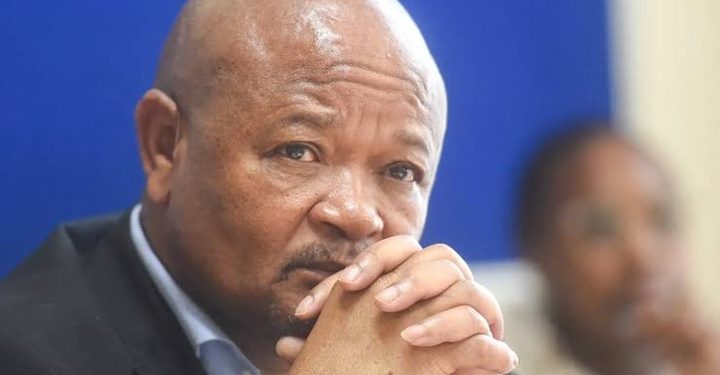Police Minister Senzo Mchunu has officially disbanded the task team assigned to investigate political assassinations in KwaZulu-Natal, a province plagued by violence for over a decade. Since the task team’s formation, 38 politicians have been murdered, spanning from senior officials to grassroots members, underscoring the depth of political instability in the region.
While the reasons behind the task team’s dissolution remain unclear, the decision has ignited concerns about the government’s commitment to addressing political violence. KwaZulu-Natal has long been a focal point for politically motivated killings, drawing both national and international scrutiny. Critics warn that this move may disrupt ongoing investigations and leave unresolved cases in limbo. Others, however, speculate that the team’s limited progress may have influenced the minister’s choice.
Political killings in the province are often linked to intense competition for power and resources, particularly within municipal structures. The majority of these cases remain unsolved, leaving grieving families without justice and perpetuating an atmosphere of fear and mistrust among political stakeholders.
The disbandment has sparked widespread debate about the government’s strategy to address this critical issue. Advocacy groups and political analysts are calling for transparency and a definitive plan to combat political violence while holding perpetrators accountable.
As public outcry grows, the focus shifts to whether the dissolution of the task team will pave the way for a more effective approach or exacerbate the crisis in KwaZulu-Natal. For now, families of the victims and the broader public await clarity and reassurances from Minister Mchunu and law enforcement agencies.






















